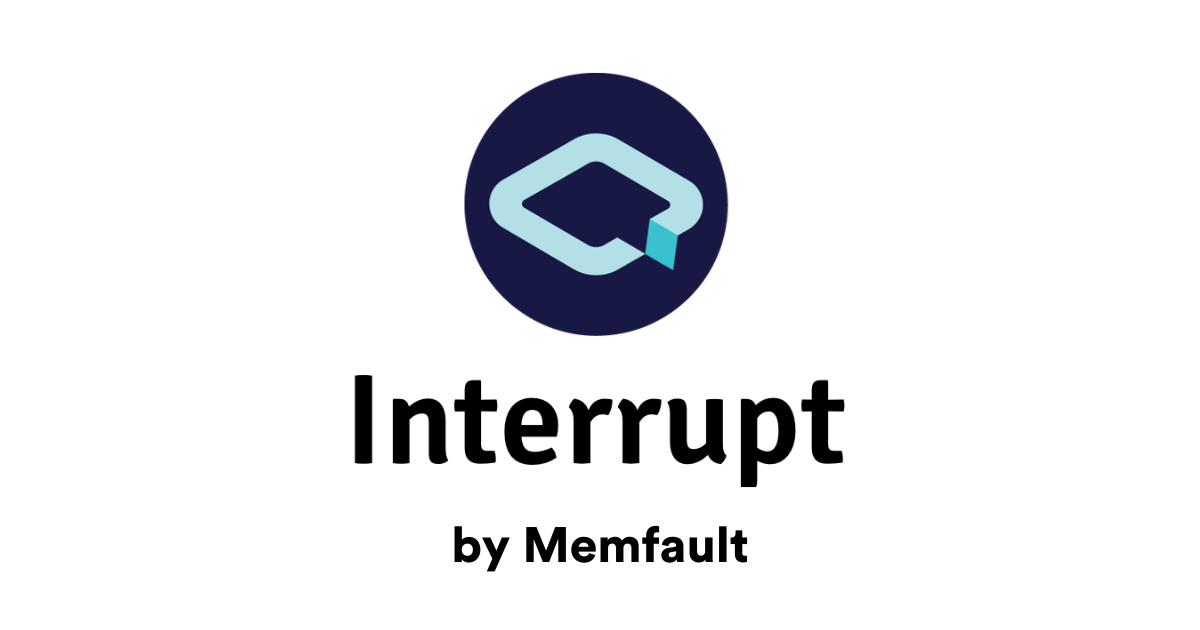What is the benefit of these containerised dev environments?
I guess the biggest benefit is that you can ship it directly from there and don’t have to rewrite your application because Debian ships with an outdated version of some core library
So it’s not a dev environment at all. It’s a runtime.
If your code only works on your machine, to the extent that you literally have to ship a copy of your entire machine, your code sucks.
“it works on my machine” is an excuse. And a shitty one at that.
edit, and this way, after a week or two, your container will be the one using an outdated version of a library, not the system.
I concur, there was a few problems that might come up on various platforms like Windows not implementing C11 standard threads and other stuff, you would instead use TinyCThread library that works like a polyfill.
All problems and challenges are workable, if the problem with Debian is out of date library, you could set up CI/CD for release build that rebuild your software when update occurs and static link the updated dependencies.
Back to your point, if they didn’t design their code and architecture to be multiplatform like in C, they need to re-evaluate their design decisions.
But then your shipping your entire Dev Env as well? Including vscode? Seems a bit antithetical to what docker containers are meant to be? Or do you then just strip the container back down again?
With vscode’s “Remote Containers” plugin at least, it’s clever enough to install that into the container after building the image. So the image built from the dockerfile doesn’t contain the vscode stuff.
The advantage is that you can have a reproducible development environment regardless of the underlying platform.
You use Debian and a workmate uses Fedora? No problem.
Someone joins with Mac or Windows? No problem.
Your laptop dies and you’re using something temporary for a while? No problem.
No more differences of system libraries or “Well it works on my laptop” bullshit. Everyone is using the same libraries and compiler so there is no difference in any developer’s experience.
So it’s a different way to get a standard operating environment.
Could you not achieve something similar by making the build and test happen in the docker container, while keeping the IDE etc separate? Bundling the IDE seems a bit overkill.
Fwiw, in my experience, “it works on my laptop” is a great way to shake out bugs/API implementation quirks, so that’s a benefit for our team. Plus we have a mishmash of IDEs, so prescribing one or the other would probably cause more problems than it solved.
Still, interesting solution for those who have the problem.
it’s “modern” all right, in that it tries using all the buzzwords.
But why?
Convenience and reproducibility
Using platform independent package managers instead of relying on system libraries seems like a more straightforward solution to a good part of the problem at least. It’s often good to use multiple compilers as well, which would add to the bloat of the container. There are probably some gnarly situations where pros outweigh the cons though.





